Heavy Civil, Heavy Demand: A Cal Poly Engineer Takes on Big Infrastructure Challenges
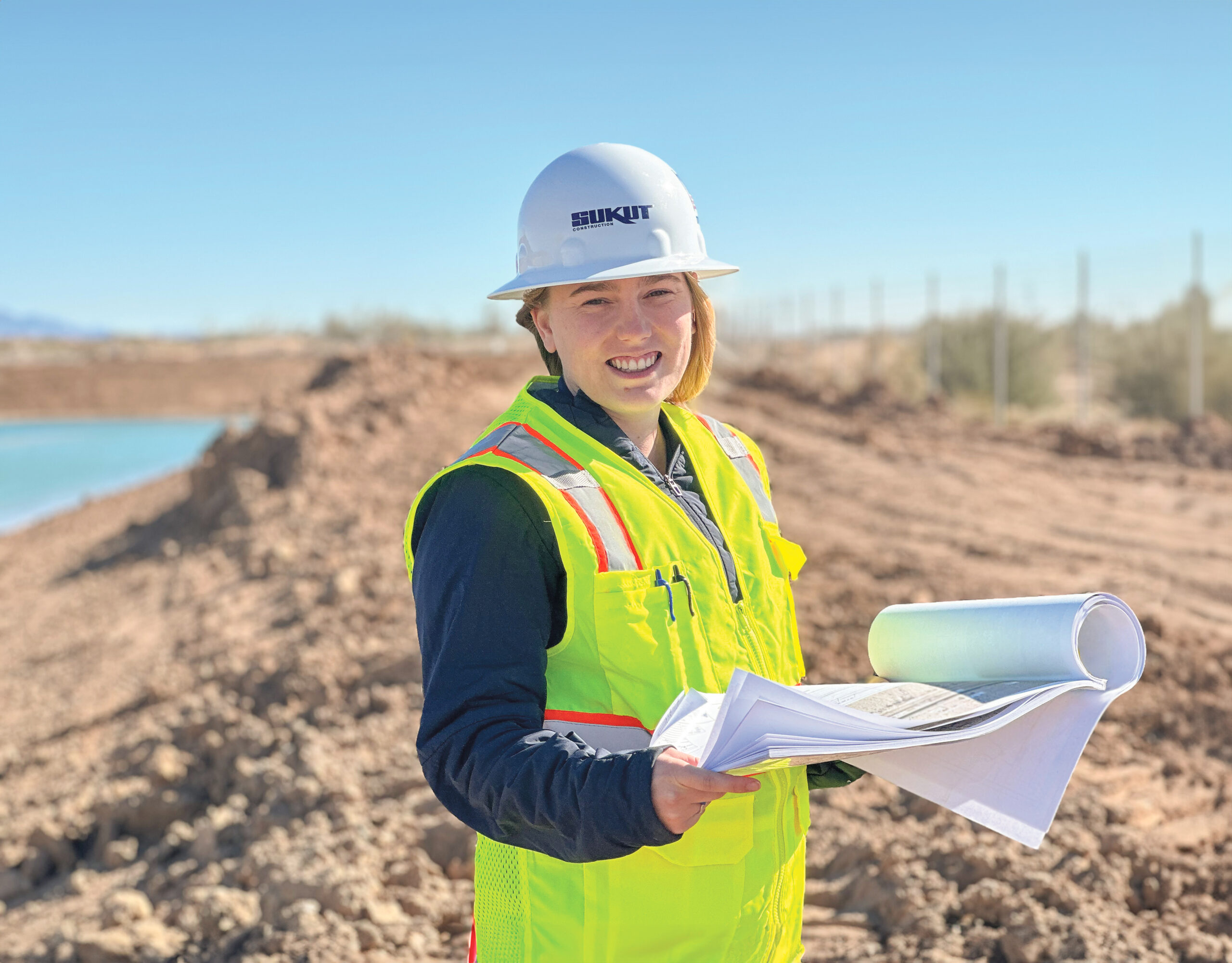
When Sarah Scherzinger was in fourth grade, she convinced her teacher to plan a field trip to a wastewater recycling facility in Petaluma. Her classmates were eager for an outing, but for Sarah, the trip was more than that. It was a chance to share her fascination with a facility her father had helped construct — one that connected her to the world of engineering she already admired.
“I don’t think anyone else was thrilled about learning how wastewater get recycled,” she said, laughing. “But I loved it. I was always curious about how and why things were built.”
That curiosity led Scherzinger to Cal Poly, where she earned a degree in civil engineering with minors in architecture and heavy civil engineering. While she always knew she wanted to follow in her father’s footsteps, the Granite Heavy Civil Minor helped her see just how critical and rewarding heavy civil construction could be.
Now a field engineer with Sukut Construction, Scherzinger applies the skills she learned in the minor every day, turning designs into large-scale infrastructure.
“Knowing how to design something is one thing, but understanding how it’s actually built brings the whole picture into focus,” she said. “It makes you a better engineer.”
• • •
Heavy civil engineering might not be a familiar term, but its impact is everywhere. The field encompasses highways, bridges, dams and water treatment plants — the infrastructure that keeps society running. It is also essential in disaster response, from the World Trade Center cleanup after 9/11 to debris removal following the recent wildfires in Los Angeles.
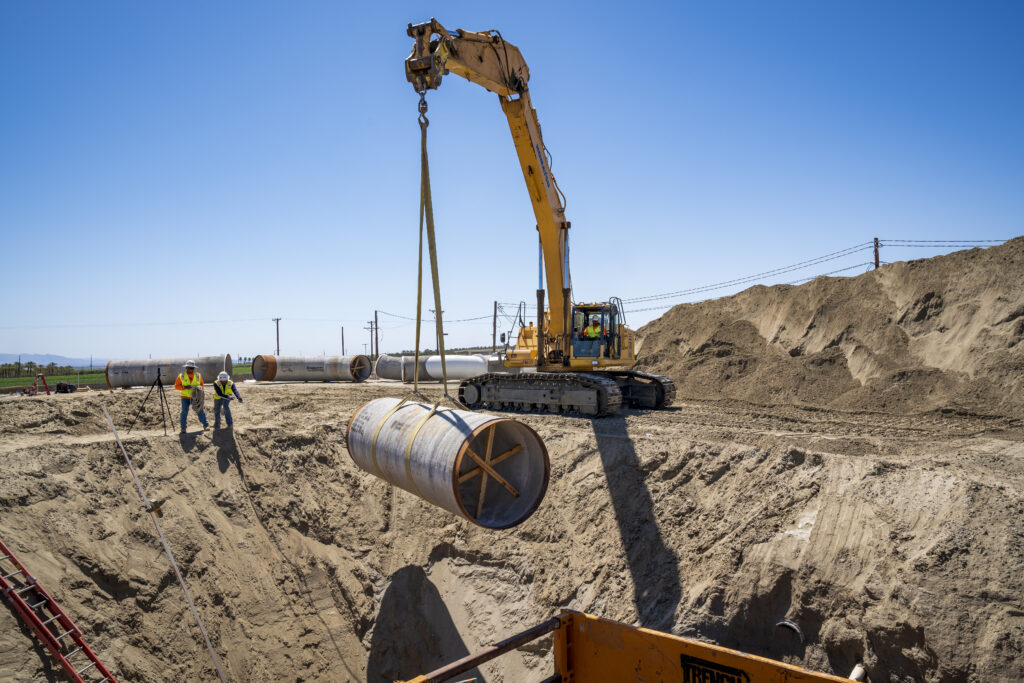
Cal Poly launched the Granite Heavy Civil Minor in 2019 with industry support to better integrate engineering and construction. The program, a collaboration between the Civil and Environmental and Construction Management Departments, was made possible by a $3 million donation from Granite Construction. Each year, 24 students — 12 from civil engineering and 12 from construction management — are admitted into the competitive program.
What sets the minor apart is its blend of classroom learning and hands-on training. Students gain experience with construction management, heavy equipment and critical skills like estimation and scheduling, all reinforced through guaranteed paid internships.
While civil engineering emphasizes design, heavy civil is centered on the construction process. This specialization requires a deep understanding of construction methods and the massive equipment involved, which Ed Boucher, the program’s director, calls the “big toys” of the industry.
Since its inception, 61 students have completed the program — 38 from civil engineering and 23 from construction management. Of those, 14 are women, and 43% come from underrepresented groups in engineering and construction.
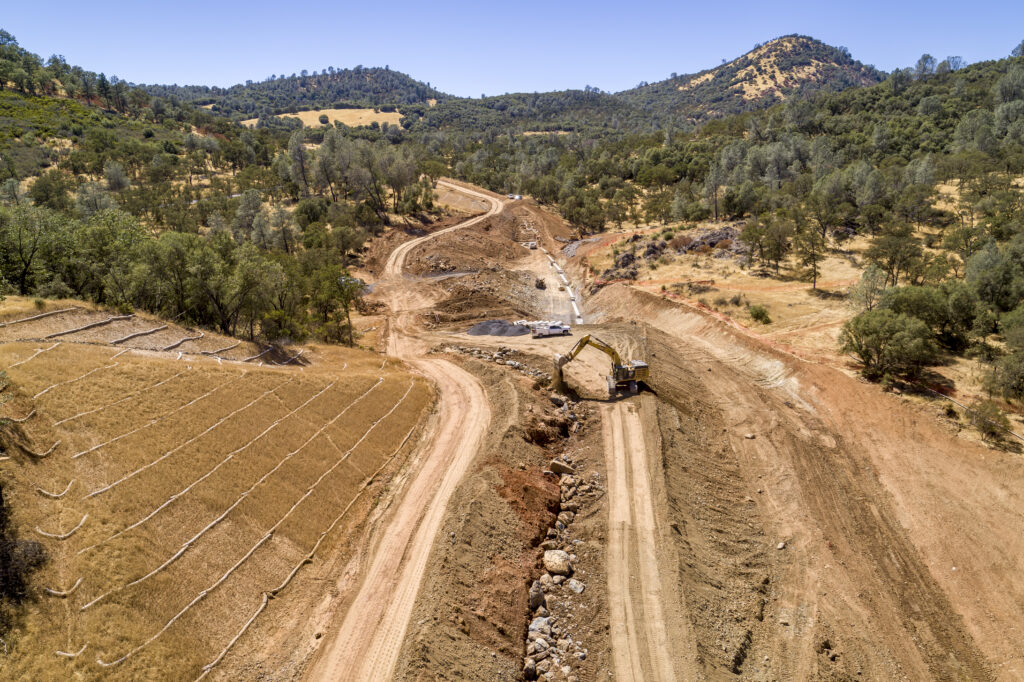
• • •
As the nation grapples with aging infrastructure, the Granite Heavy Civil Minor is preparing students to take on one of the most pressing challenges of our time. “There is an urgent need in this country,” Boucher said. “Much of our infrastructure, from interstates to bridges and water systems, was built decades ago and is now showing its age. The work is there, and the industry is hungry for skilled people to do it.”
Beyond infrastructure, the minor is also creating opportunities for women and minorities in a field that has historically lacked diversity. “The demographics are changing,” Boucher explained. “There are huge opportunities in the industry for women and underrepresented groups. It’s one of the most unbiased industries you’ll find. A 350-ton crane doesn’t care about your gender or nationality; it cares about your ability.”
With demand for engineers rising, Cal Poly civil and construction management graduates are landing jobs with top heavy civil firms, including Granite, Sukut, Kiewit, Barnard, Manson, Dutra and Traylor Bros. Others are applying their expertise at agencies like Caltrans or major commercial builders such as Whiting-Turner and McCarthy.
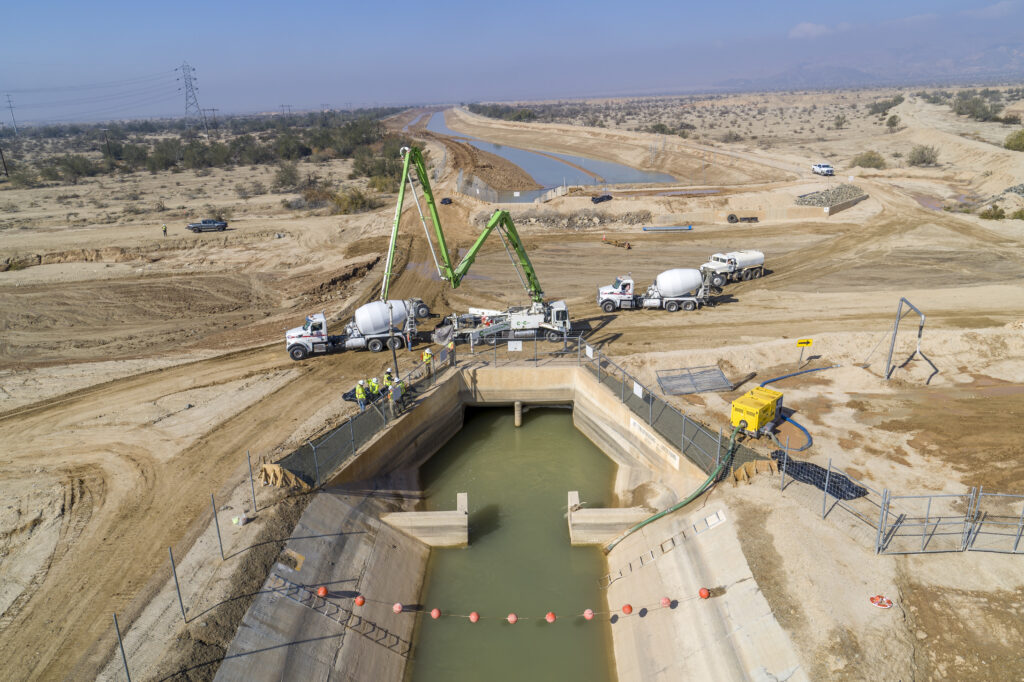
For Scherzinger, the program opened the door to a fast-moving career. She began as an intern with Sukut Construction before joining the company full-time, working on flood control channels and pipeline projects. One of her most rewarding experiences was helping transform a stretch of desert into a vital water system — reinforcing the real-word impact of heavy civil engineering.
Now, her work takes her across the state, from the arid landscapes of Southern California to the Sierra foothills. Along the way, she’s stayed in touch with Boucher, texting him updates or seeking advice. She’ll send photos of heavy equipment in action or videos of a controlled blast, reliving the excitement of hearing the countdown and the ground trembling beneath her.
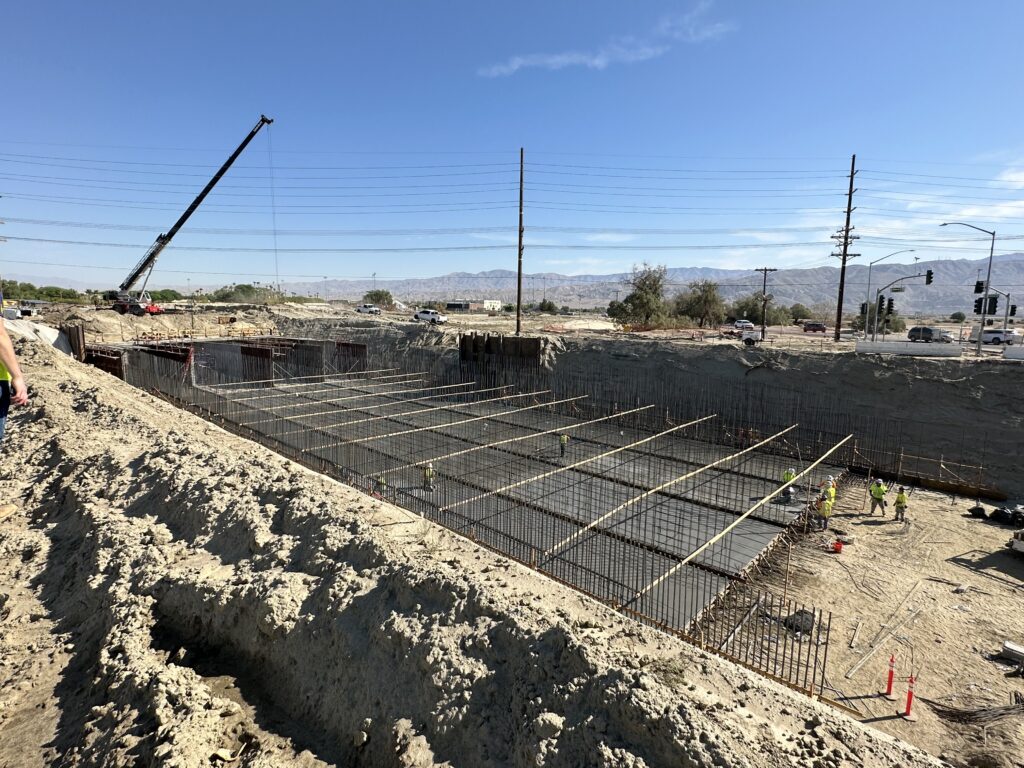
For the fourth grader who once convinced her class to visit a wastewater recycling plant, the fascination with building has never faded.
Call to Action: Explore the Granite Heavy Civil Minor!
The Granite Heavy Civil Minor prepares students to tackle critical infrastructure challenges with practical training, guaranteed paid internships and direct industry connections. By bridging the gap between engineering and construction, the program equips students to turn designs into reality. Learn more at ceenve.calpoly.edu/granite-heavy-civil-minor-ghcm.
